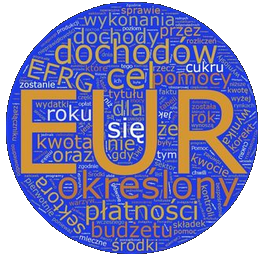About the project
The project The Eurolect: an EU variant of Polish and its impact on administrative Polish (an abbreviated name: PL Eurolect) investigates the Polish Eurolect, a new hybrid variant of Polish, across four genres — legislation, judgments, reports and websites for citizens.
The Polish Eurolect is a translator-mediated variant used in the EU context. EU texts are produced in a multilingual environment of 24 official languages, which implies a constant switching and ‘fusion’ of languages. They are often a result of delicate political compromise between 28 Member States. EU texts are regarded to have developed a specific language; its distinctness is attested by a variety of largely pejorative names assigned to it, such as Eurospeak, Eurojargon, Eurolanguage, Eurolect, EUese, Euro-Legalese, Union legalese, Eurofog.
We will analyse how the Eurolect has evolved since late 1990s and how the unprecedented inflow of hybrid legal and semi-legal texts has affected administrative Polish. We will use a mixed-method approach, based largely on corpus linguistics and discourse analysis.
The project is funded by the Polish National Science Centre (NCN) with a SONATA BIS 4 grant No. UMO-2014/14/E/HS2/00782 to build a research team in the years 2015-2019. It is a follow-up of the Eurofog project funded by the Polish Ministry of Science and Higher Education in 2010-2012, the results of which were published in the book Lost in the Eurofog. The Textual Fit of Translated Law (2014, Peter Lang).
Link https://www.peterlang.com/view/product/20124

